Learning and teaching
Learning and teaching at Norwich is underpinned by the University’s Creative Learning Strategy. We use a project-centred approach in which practice and theory are integrated within increasingly open-ended briefs; allowing you to develop your individual interests and approach to independent learning within and beyond the discipline you are studying. We emphasise learning and discovery through practice, critical reflection and experimentation with ideas, processes and materials.
At Norwich, we value collaboration and working across disciplines and there are many opportunities to engage with colleagues, and with ideas and concepts from other areas. These include talks from external speakers, cross-university projects and times when you are able to join projects and workshops from beyond your course area.
Course Delivery
Undergraduate courses are mainly taught on campus and include some live-streamed and pre-recorded digital sessions which you can use on-demand. Our approach enables you to benefit from the studios, labs and workshops on campus while learning how the creative industries work and helping to prepare you for your future careers.
At postgraduate level, some courses are taught mainly taught on campus and include some live-streamed and pre-recorded digital sessions which you can use on-demand. Others are predominantly or fully online to provide flexibility for you and help you to manage competing demands on your time. All courses include regular access to tutors through live sessions and/or forums and messaging facilities.
Assessment
At the start of each unit the tutors will explain what you will learn and how we will test your learning through assessment. This information will also be provided on the Virtual Learning Environment (VLE). As the unit progresses, you will be given formal and informal opportunities to receive feedback on your progress. These opportunities may include:
- Group reviews or critiques (crits)
- Self-evaluation and peer evaluation
- Group and individual tutorials
At the end of the unit you will submit work for assessment and receive written feedback and a grade to help you understand what you’ve done well and what areas to work on for the next assignment. Generally, you will be assessed on course work which might include portfolios, essays, reports, and evaluations. Sometimes you may be assessed on group or individual presentations, and/or performances, depending on your course.
You will be assessed against the approved unit learning outcomes and assessment requirements, as outlined in the Unit Handbooks for your course. Unit handbooks guide you through the specific areas of work in which you will be engaged in order to produce the work required for assessment and successfully achieve the unit learning outcomes.
Engagement
To fully benefit from the course, you are expected to attend all of the taught sessions that are included on the timetable. Timetables are made available at the start of term. For undergraduate students, the balance between taught study and independent learning changes as you progress through the course, going from around 35% of their time in the Integrated Foundation Year (Year 0) to approximately 24% in the final year. Postgraduate taught students studying mainly on campus can expect to attend taught sessions for approximately 20% of their study time.
Independent learning
Each unit has an indicative number of ‘study hours’ which refers to both your timetabled teaching (such as lectures, seminars, tutorials, workshops etc), and your independent learning. By independent learning we mean activities that help you to learn outside of taught sessions, such as reading, research, practice and preparation of work for assessment. It also includes other activities such as collaborative work and skills development sessions that may run through the assessment period.
Support
You will have access to a wide range of staff, all of them committed to supporting learning. As well as your course tutors, these include staff in technical workshops, the Library, Business and Employability Service, and Student Support.
Work-related learning
All our courses include opportunities to develop your understanding, knowledge and experience of business, industry and professional practice. This includes guest lectures and/or workshops led by visiting professionals; live and simulated projects for external clients; mentoring by professional practitioners; and regular workshops provided by the Business and Employability team to help you get to grips with entrepreneurship, freelancing and enterprise.
You will also be introduced to Profile, our unique tool for recording skills and experience and tracking your progress so that when you are applying for jobs you will have a record of your development and understand your key strengths and areas for development.
Discover our coursesExplore more
-

Applicant Days
Applicants days are your chance to dig deeper into your chosen course and get more of a feel for student life at Norwich. -
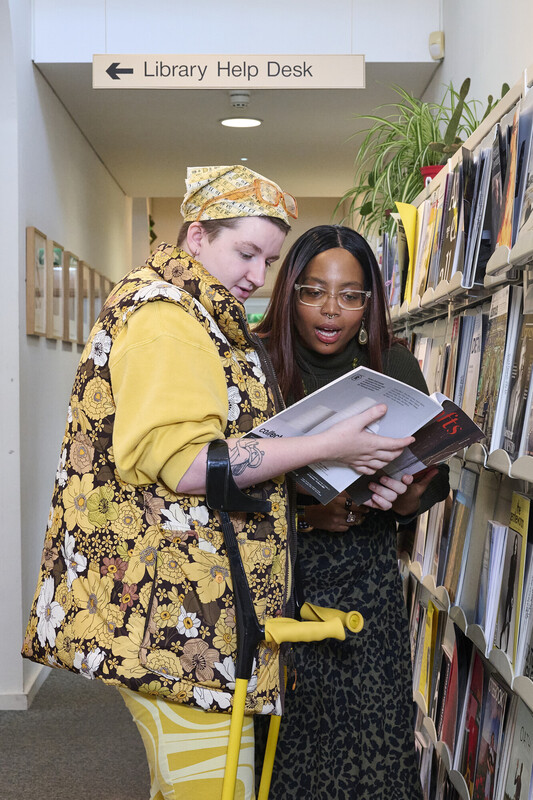
Course costs
If you are a full-time, UK/Republic of Ireland-fee paying student, we have created a comprehensive breakdown of all course-related costs to help you plan for your time at Norwich. -
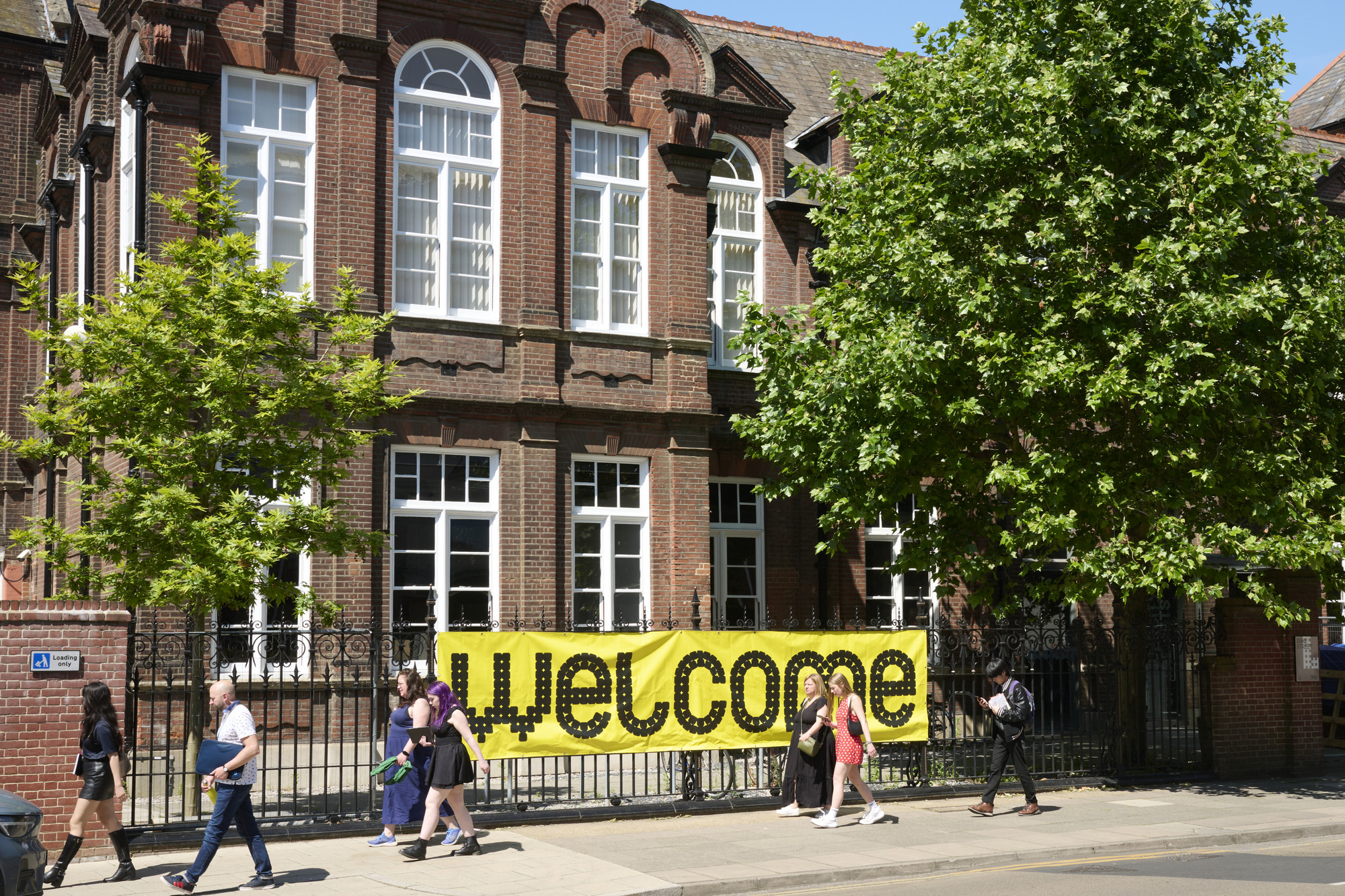
Open days and events
Norwich Open Days give you an opportunity to meet our current students and staff. You can find out about the courses we offer and discover if Norwich is a place where you would like to study. -
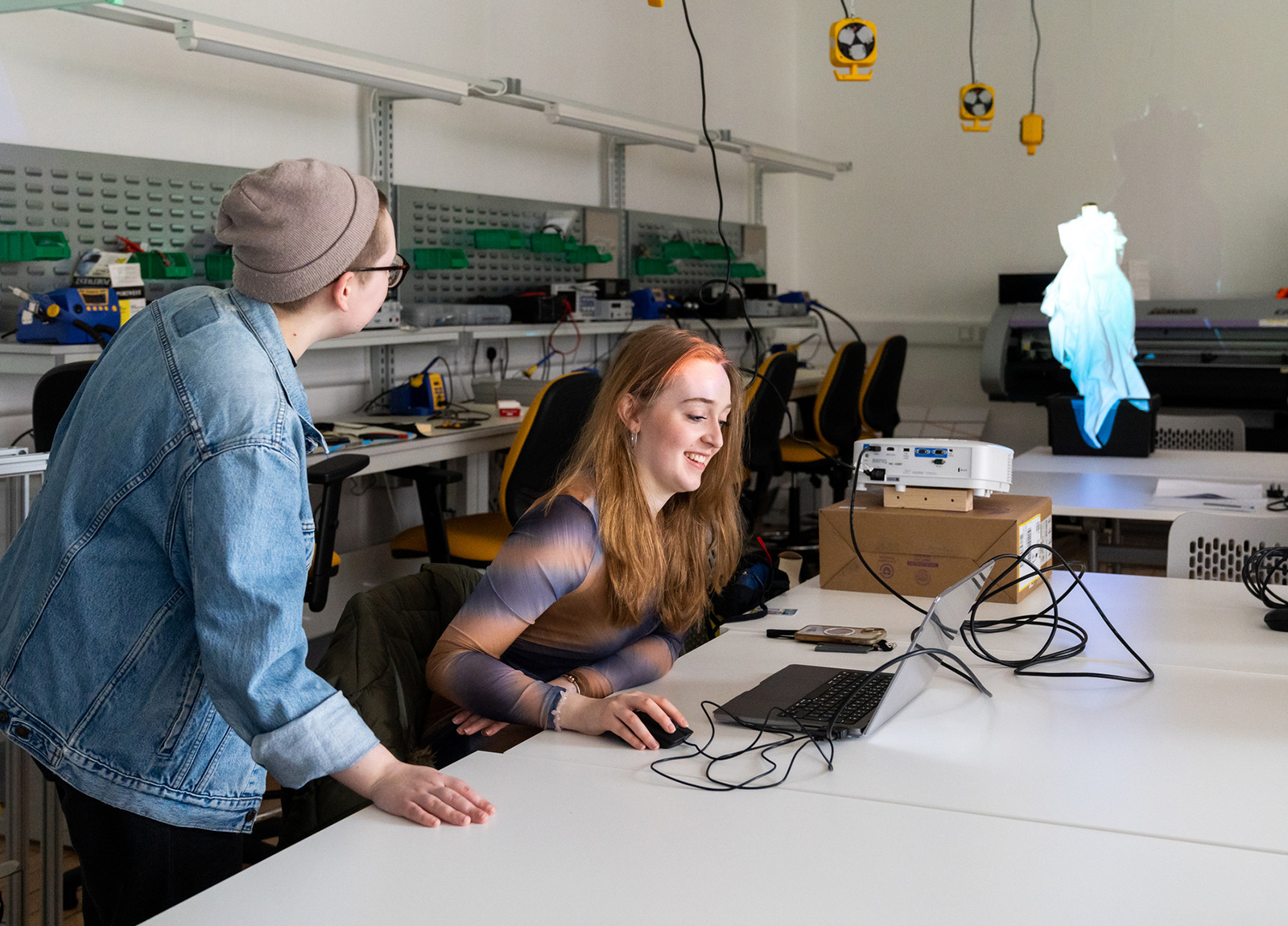
Postgraduate
Our master’s degrees and postgraduate courses allow you to spend time studying a subject in greater depth. -
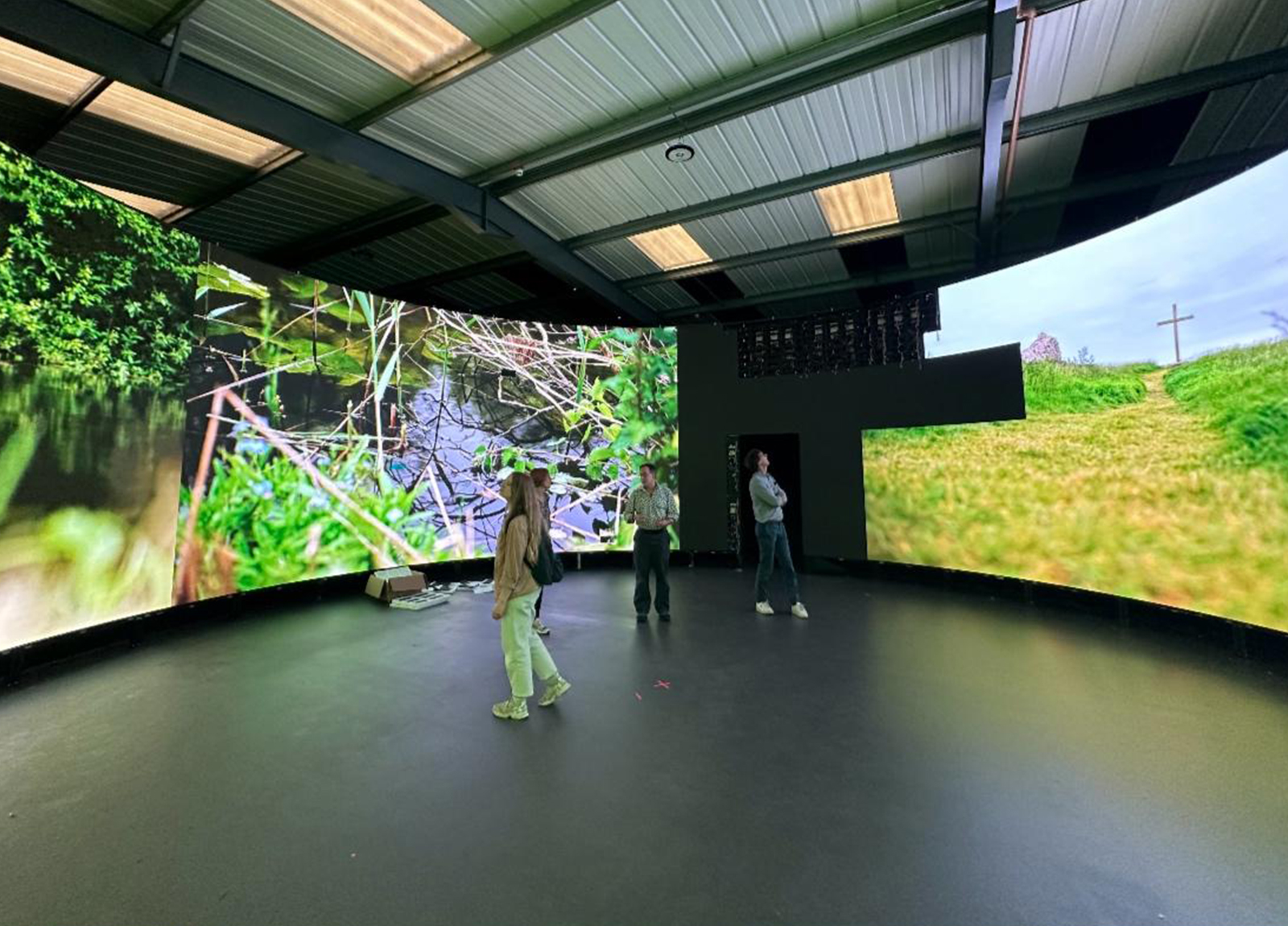
Undergraduate study
Find out everything you need to know about studying an undergraduate degree at Norwich University of the Arts -
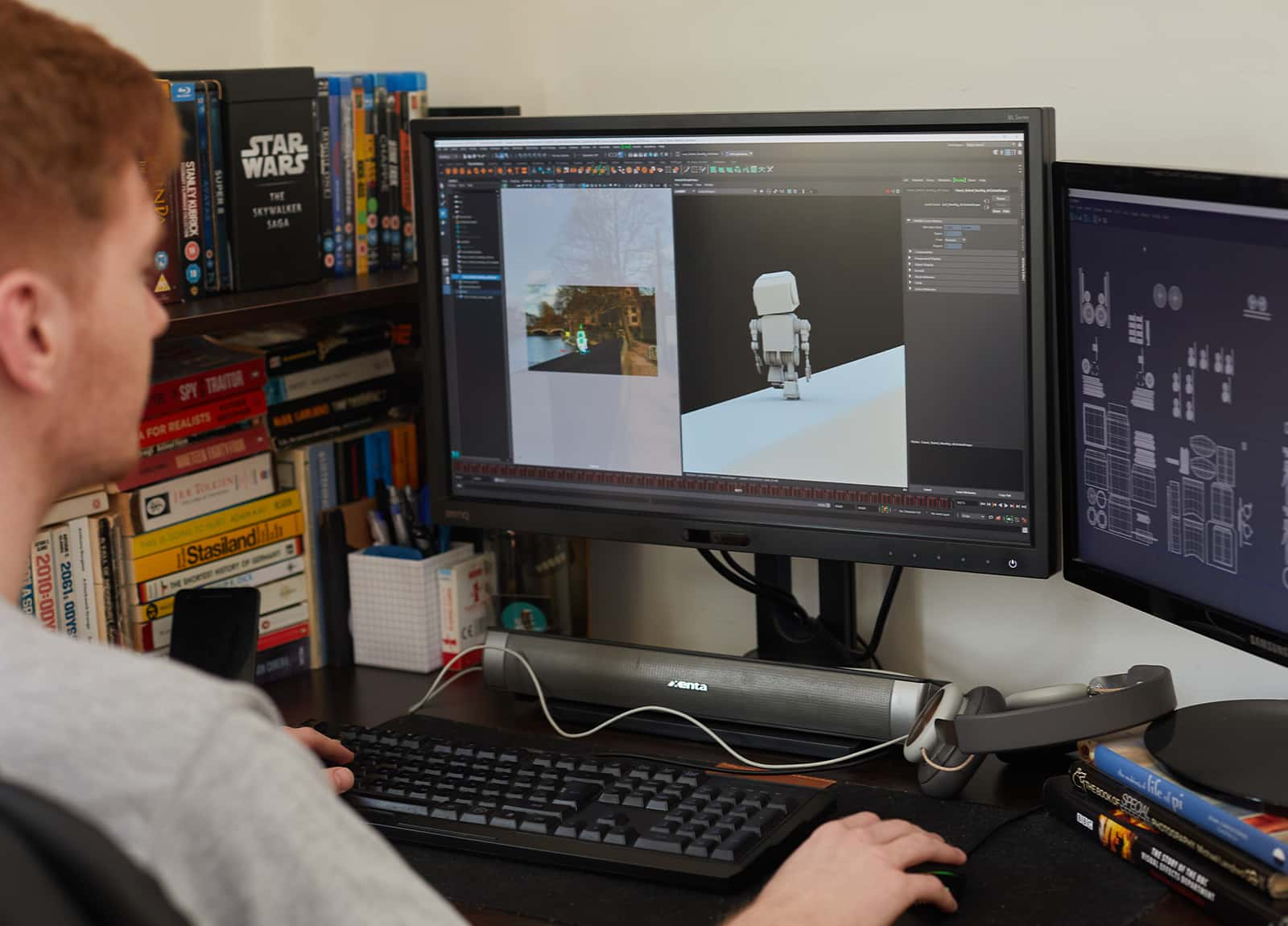
Short courses
Norwich University of the Arts’ short courses help to fill skill gaps in the creative and technological industries, providing you with the opportunity to develop the skills needed for the next step in your career. -

Grad Fest 2025
Explore the Norwich University of the Arts 2025 Grad Fest Showcase -
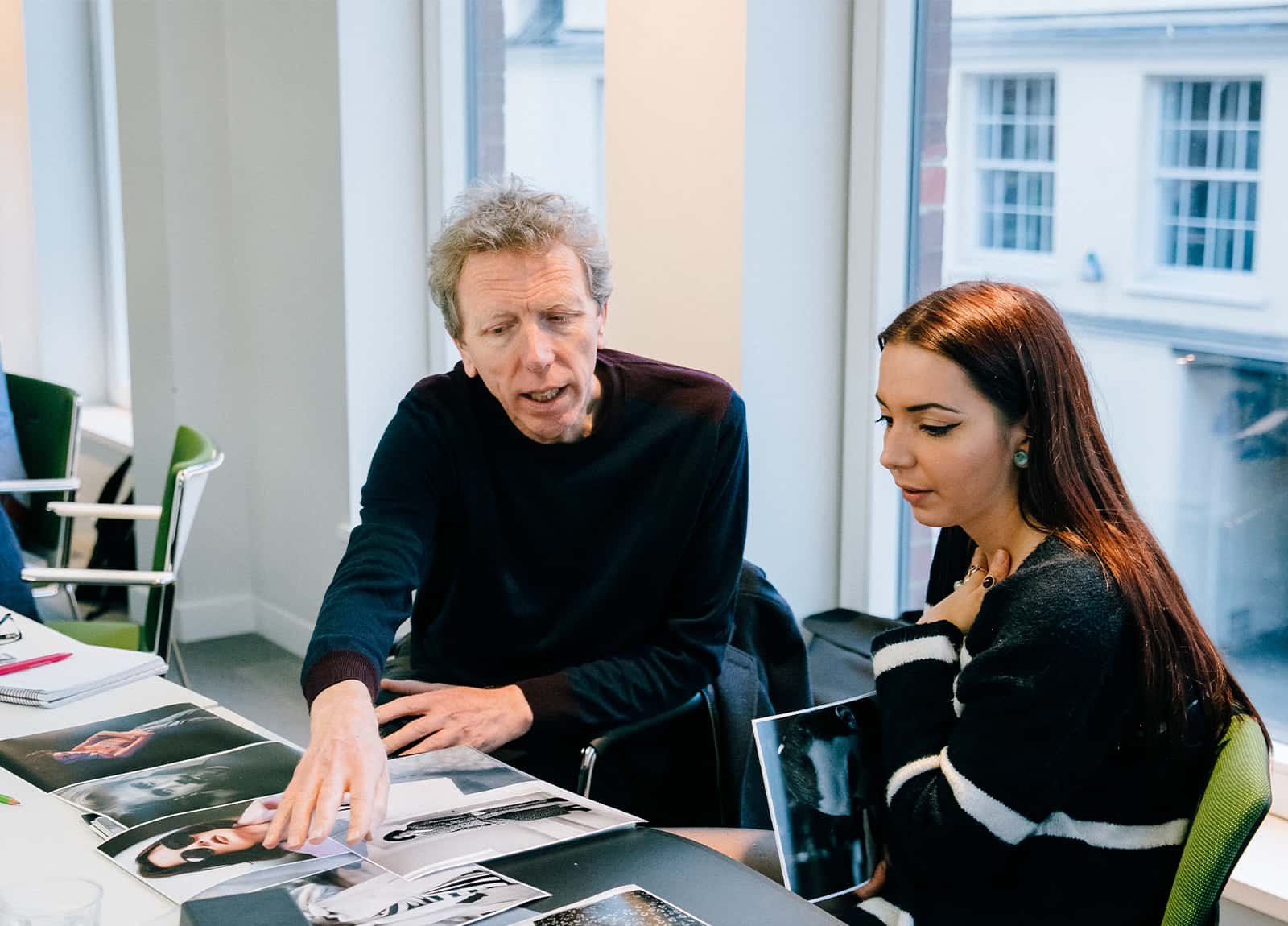
Level 5 Diplomas
Students have an opportunity to spend a year, between the second and third year of their course, enhancing their employability options through a Level 5 Diploma. -

Professional Experience Development Record (PEDR)
The Professional Experience and Development Record (PEDR) is a standard form devised by the Royal Institute of British Architects (RIBA) for architectural students to record practical experience and professional development. -

Chat to a student
Got questions about studying with us? Chat to one of our current students to find out what it's like to be part of our welcoming and friendly community. -

Integrated Foundation (Year 0)
If you’re considering studying a new subject or want to develop your skills before diving into a three-year course, then an Integrated Foundation Year is the perfect start, offering an extra year to give you a head start for future success. -

Information for schools and colleges
Norwich University of the Arts works closely with teachers and advisers to champion and nurture creativity both within the UK and internationally -

Assessment
Assessment is the process of evaluating or assessing your learning. -

Course Search
See our courses and discover why Norwich stands out. From top-rated teaching and world-class studios to a welcoming community and strong industry links.